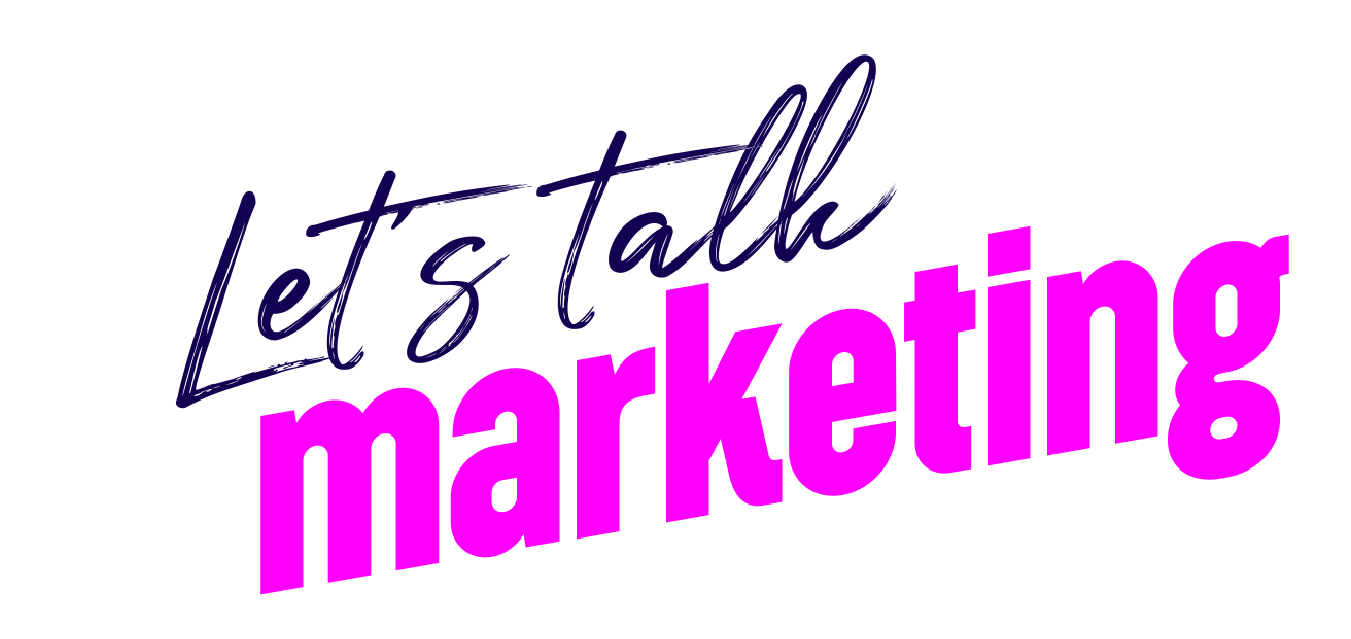Mastering Efficiency with AI featuring Jason Kramer
This episode of Let's Talk Marketing explores the power of AI for business efficiency. Host Katya Allison interviews Jason Kramer, founder of Cultivize, about how marketing teams can strategically adopt AI to streamline workflows, improve CRM data hygiene, and elevate LinkedIn engagement. Jason shares practical examples of tools like ChatGPT and Evie AI, explains how marketers can use AI for tasks like lead nurturing and campaign building, and offers advice on overcoming adoption hesitations. Whether you're just beginning with AI or looking to sharpen your strategy, this episode delivers real-world guidance for leveraging tech without losing the human touch.
Key Takeaways and Insights
Takeaway 1: Strategic AI Adoption Starts with Intentional Prompts
During the episode, Jason emphasizes that the value of AI comes not from just using the tool, but from using it well. AI isn't a magic button—it requires clear direction, thoughtful prompts, and human guidance to generate useful outcomes. Whether you're crafting an email campaign or building content for LinkedIn, how you frame your input is critical to getting meaningful results.
The analogy used was hiring a contractor to build your house—if you don’t provide specific instructions like how many floors, what layout you want, or how many windows, you’re probably not going to be happy with what you get. The same goes for AI tools: they’re only as useful as the direction you give them.
“You hire a contractor to build your house… if you don’t tell them what kind of house you want, how many windows, how many floors… you're probably not going to be happy with the results.”
AI is like a GPS—you still need to know where you want to go. Without a destination, it’s just spinning its wheels. The better your inputs, the smarter your outputs. Marketers should treat prompts like creative briefs: clear, strategic, and goal-oriented.
Takeaway 2: Use AI to Save Time, Not Just Show Off
Jason reinforces that one of AI’s biggest strengths is improving efficiency. From repackaging data to writing LinkedIn comments, AI can eliminate hours of manual work—if you use it smartly. The goal isn’t to “automate everything,” it’s to automate the right things: repetitive, manual tasks that eat up your time but don’t require deep strategic thinking.
He gives several examples, like using ChatGPT to reformat data for CRM uploads or planning efficient travel routes based on customer data. He also talks about tools like EvyAI that help you show up more consistently and authentically on LinkedIn by prompting relevant engagement ideas.
“If you have a role where you’re doing something repetitive or mundane that takes a long time—AI is a great place to start experimenting.”
Think of AI like a dishwasher. You could wash everything by hand, but why would you, when a machine can handle the repetitive stuff and free you up for more meaningful work? It’s not about removing the human—it’s about removing the busywork.
Takeaway 3: Overcoming the Fear of AI Starts with Low-Stakes Tasks
Jason acknowledges that some people hesitate to use AI out of fear—fear of doing it wrong, fear of job replacement, or fear of the unknown. His advice? Start small. Use it in your personal life. Try it for simple tasks like rewriting a message, generating recipe ideas, or testing how well it understands your website.
He shares how his wife, who doesn’t work in tech or business, started using ChatGPT for everything from finding dog-friendly ways to word a message to building grocery lists based on dietary restrictions. It helped her see how intuitive and useful AI could be—without the pressure of “getting it right.”
“If you’re scared of it, try using it on the personal side first… You don’t have to start with business—just get comfortable.”
Getting over the fear of AI is like learning to ride a bike. You don’t start on a steep hill—you start on a quiet sidewalk. Use AI for fun, harmless tasks until it feels like a tool you can trust. Before long, you’ll be using it to power big parts of your work without hesitation.
Key quotes
"Software doesn't necessarily solve a problem. It can help, but it's the people that have to come up with that strategy."
"What I love is taking organizations that don't have a systematic way to nurture, track and convert their leads, and giving them a sustainable process that's repeatable."
"You have to be mindful of what's BS, what's real and what could apply to you. There's so much out there that you could get caught up in a spider web of things that won't have any impact on you or your business."
"AI is going to leverage more in CRM as relates to the data you have, rather than making something do something that's not already there."
"People are habitually set in their behaviors. So getting people to change behavior and do something differently could be a challenge."
"These tools are quite powerful, but you need to know what the prompts are. You need to know how to leverage the tool versus just saying, 'do whatever you want'."
"Put pride aside and try to bring in people that are smarter than you, that know something that you're not an expert in, because I think they could bring really good value and advice to you.
